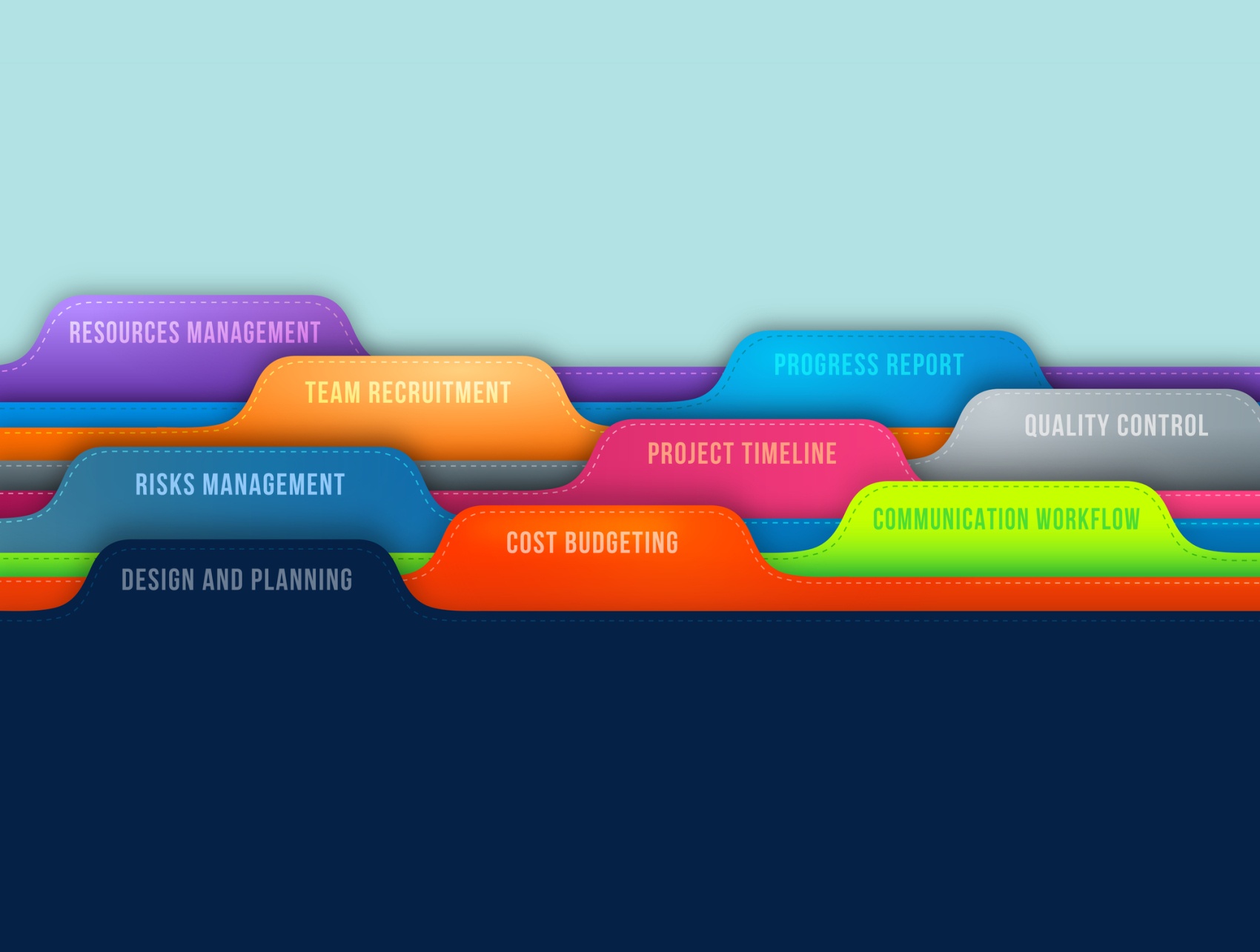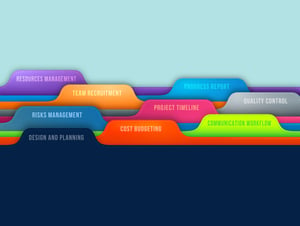
The Project Management Professional (PMP) certification is projected to be one of the most in demand certifications in 2016 and holders of this certification earn 17% more than non-certified peers on average! It goes without saying that this certification can take your project management career to new heights!
If you are working towards becoming certified, you know that a lot of studying, experience, and hours go into becoming a PMP. Regardless of your experience in project management , studying for the PMP exam is crucial for your success. On average, people who pass the exam have dedicated at least 35 hours to studying the principles of project management. Keep in mind that even if you have years of experience, the things you have learned in the real world might not transfer to a multiple choice test.
Advice from a Professional
We know that preparing for such an esteemed credential can be a challenge so we have gathered some quick tips from a well-respected PMP certification holder and instructor, Vincent McKeown. Mckeown has over 15 years of experience as a Project Manager and knows what it takes to pass the PMP exam.
1. Know the material well! It is important to dedicate time to studying.
2. Know all 47 processes inputs, outputs, and tools.
3. Have a good understanding of the organization framework.
4. Know all the math formulas... they are the easiest to get right.
5. Know how to do a forward/backward pass. Another set of easy questions to get right.
6. Create a Brain Dump.
7. Take a bunch of practice exams. You can know the entire material well, but get confused on how PMI asks their questions.
More About the Exam:
-200-question, multiple-choice test.
-4 hours to take the exam.
-Must meet the prerequisites and educational requirements set forth by the Project Management Institute: Secondary degree (high school or associate’s) and 7,500 hours leading projects OR four-year degree and 4,500 hours of leading projects. Professionals seeking certification must also have completed 35 hours of project management education before they qualify to take the PMP exam.
Learning Resources Available to You:
PMP training courses in the D.C. Metro area are available to you and provide a more structured approach to studying for the exam. One of the biggest benefits of taking a course is that the trainers are experienced in helping people just like you pass the exam. This means they are knowledgeable in what you need to know and the best ways to get that information to stick. Plus, the course counts towards the project management related education required to take the exam.

Leave Your Comment Here